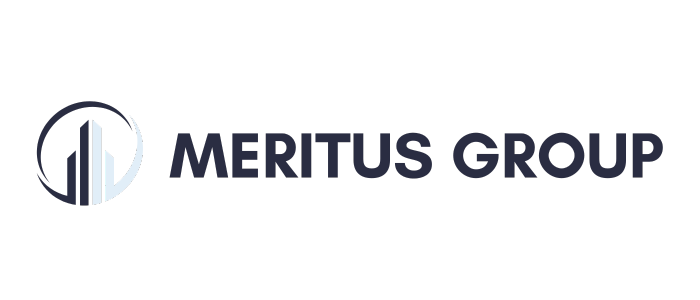The sale of a high-revenue business is a significant milestone, marked by the culmination of strategic planning and financial acumen. Maximizing the exit value of such a sale is crucial for business owners, as it represents the return on years of investment and hard work. This process hinges on two key elements: an accurate valuation of the business and the timing of its entry into the market. This blog post aims to explore the strategies that owners of high-revenue businesses can employ to prepare for sale, emphasizing the importance of precise valuation, market readiness, and effectively engaging potential buyers.
Understanding Business Valuation The valuation of a high-revenue business is more than just a number; it’s a comprehensive assessment that shapes the future of the sale. This process involves analyzing various aspects of the company, including its financial health, market position, and growth potential.
Valuation Methods:
- EBITDA: This method is vital for understanding the core operational efficiency of a business, excluding external factors like taxes and interest.
- Discounted Cash Flow (DCF): This forward-looking approach considers the future cash flows of the business, offering a dynamic perspective of its value.
- Asset-Based Valuation: Particularly relevant for asset-intensive businesses, this method focuses on the tangible assets owned by the company.
Industry Trends and Economic Factors: The valuation is significantly influenced by external factors such as current industry trends, broader economic conditions, and market demand. A deep dive into these aspects is critical for an accurate and realistic valuation. Understanding how these external factors might affect a business’s valuation can help in setting the right price at the right time.
Tailoring the Valuation: A custom approach to valuation takes into account the unique attributes of the business. This might include brand reputation, customer loyalty, proprietary technology, or market leadership. Overlooking these factors can lead to undervaluation.
Seeking Expertise: Given the complexity involved in valuing high-revenue businesses, it’s advisable to seek the assistance of valuation experts. They can provide a balanced view, combining both quantitative data and qualitative insights, and adjust the valuation in line with current and anticipated market conditions.
Preparing Your Business for Sale The preparation phase is critical in maximizing the exit value. This involves several key steps:
1. Financial and Operational Streamlining: Review and optimize all operational aspects of your business. This includes auditing financial records for accuracy and transparency, optimizing supply chains for efficiency, and ensuring that all employee roles and responsibilities are clearly defined and productive.
2. Legal and Regulatory Compliance: Ensure that your business complies with all legal and regulatory requirements. Address any pending legal issues or potential liabilities and ensure that all business licenses and permits are up-to-date.
3. Enhancing Business Appeal: Look for ways to make your business more attractive to potential buyers. This could involve diversifying the client base, investing in modern technology, or strengthening the leadership team.
Strategic Market Timing Timing the market is another crucial aspect of maximizing exit value.
1. Economic and Market Conditions: Keep a pulse on the broader economic environment and specific market trends relevant to your industry. Understanding these trends helps in deciding the optimal time to sell.
2. Planning Ahead: Start preparing for the sale years in advance. This allows you to align the sale with the most favorable market conditions and address any issues that might affect the business’s value.
Marketing Your Business to the Right Buyers Effectively marketing your business to potential buyers is the final step in the process.
1. Target Audience: Identify the ideal buyer profile for your business. This could include strategic buyers in the same industry, financial buyers like private equity firms, or even competitors.
2. Sales Narrative: Develop a compelling narrative that highlights the strengths, potential, and market position of your business. This narrative should be tailored to appeal to your target buyer profile.
3. Utilizing Digital Marketing and Broker Networks: Leverage a combination of digital marketing strategies and broker networks to maximize the exposure of your business to potential buyers.
Maximizing the exit value of a high-revenue business requires a multifaceted approach that includes accurate valuation, meticulous preparation, strategic timing, and effective marketing. Implementing these strategies can significantly enhance the likelihood of a successful and profitable sale.
For professional assistance in navigating this complex process, consider partnering with our team at Meritus Group. We offer expert valuation services and strategic guidance to ensure your business is optimally positioned for sale.
Interested in a free business valuation? Fill out our Seller Questionnaire or call us at (605) 252-9520 for a personal consultation. We’re here to support every step of your business sale journey.

